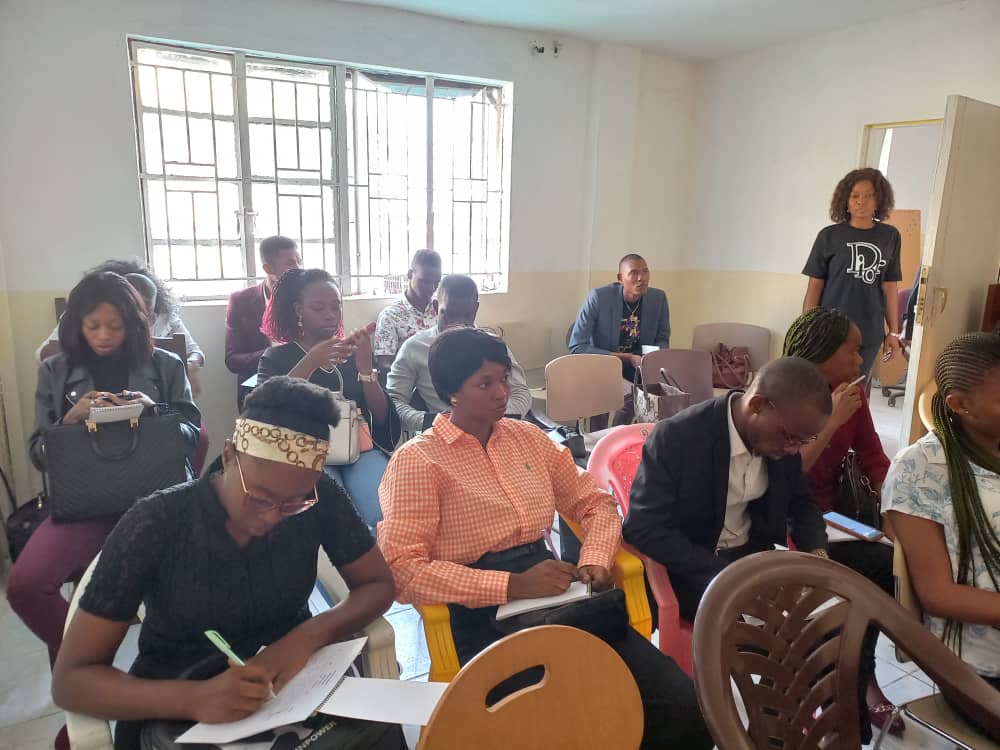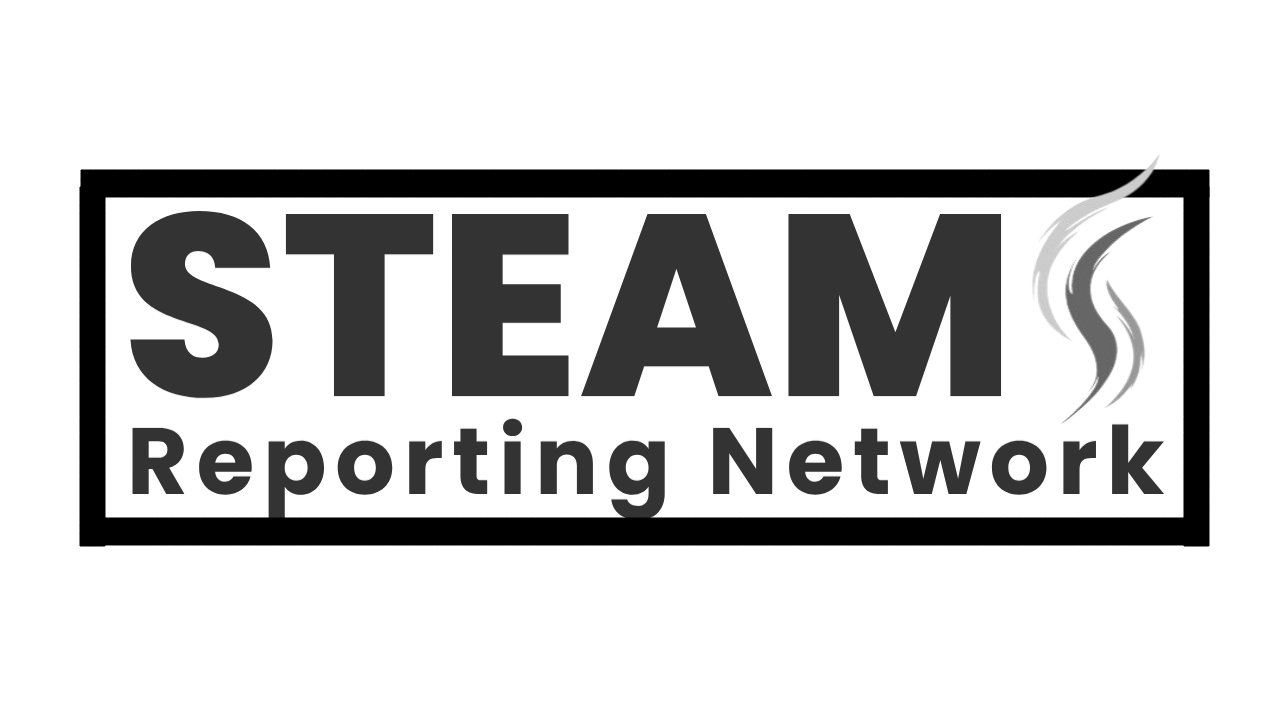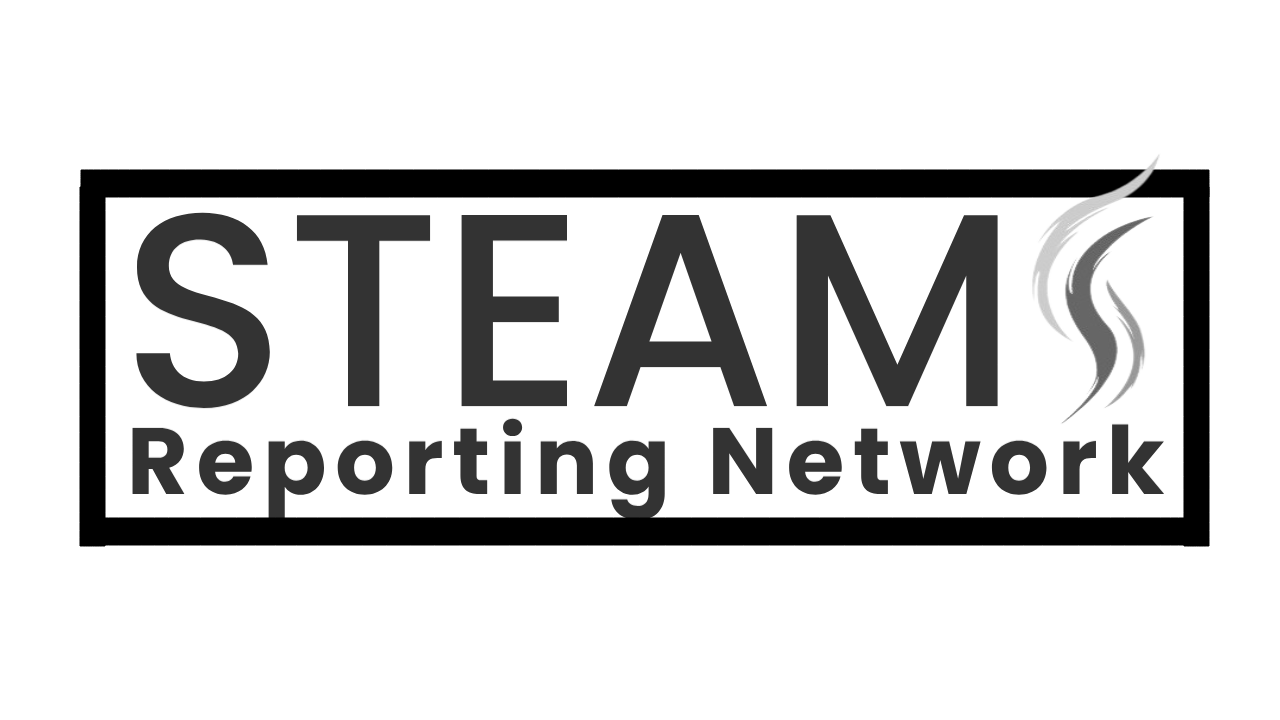
Media Science Cafes
By Emma Black
Misinformation and distrust linger amidst efforts to boost vaccination rates in Sierra Leone, posing a significant challenge to public health. A recent media training initiative shed light on this issue, bringing together journalists, religious leaders, and health workers to tackle misconceptions and forge stronger communication channels.
According to Mr. Kemo Cham said First Media Science Café in Sierra Leone, organized by Internews and the Christian Health Association of Sierra Leone he continue that (CHASL), aimed to improve health reporting and promote vaccine confidence, particularly against COVID-19. Over two days, 40 journalists engaged in discussions with six guests, including religious leaders, health workers, and civil society campaigners.
Misinformation is a stubborn obstacle; one of the key takeaways was the pervasive influence of misinformation, fueled by social media and person-to-person interactions. This misinformation has fueled vaccine hesitancy and hampered efforts to increase uptake.
Martha B Kanu programmer manger aim was to bridging the Communication Gap
The event highlighted the communication gap between health workers and journalists, and all the Journalists on the workshop expressed difficulty accessing accurate information, often relying on public relations officers, health workers, who may not possess nuanced understanding of health issues. This lack of reliable information hinders accurate reporting and fuels public confusion.
Government see faith Leaders, are as the potential bridge, and religious leaders emerged as a potentially crucial channel for promoting vaccine acceptance. Alhaji Momodu T Koroma said their congregations often trust their guidance, and CHASL has effectively trained some religious leaders on health communication, and how to give journalist the information, but know journalists ever ask him.
However, Steven V Lanasan and Kadie Jalloh health journalists admitted never approaching religious leaders for health-related coverage, highlighting a missed opportunity.
Marther Kaun during the workshop emphasized the need for collaboration between journalists, religious leaders, and health workers by working together, sharing information, and building trust, these stakeholders can combat misinformation and advocate for evidence-based health practices.
Willam Wiso health reporter exported challenges face by health worker,
Princess MK George said CHASL’s has success in vaccinating 70% of the Juba community demonstrates the effectiveness of community engagement and targeted initiatives.
The Media Science Café is a vital step, but continued efforts are needed. Journalists must actively seek out reliable information from health workers and religious leaders. Religious leaders should embrace their role as health advocates and communicate effectively with their communities. And health workers must improve communication with journalists and acknowledge their important role in informing the public.
And by addressing misinformation, fostering collaboration, and building trust, stakeholders can create a fertile ground for increased vaccine uptake and improved public health in Sierra Leone.


